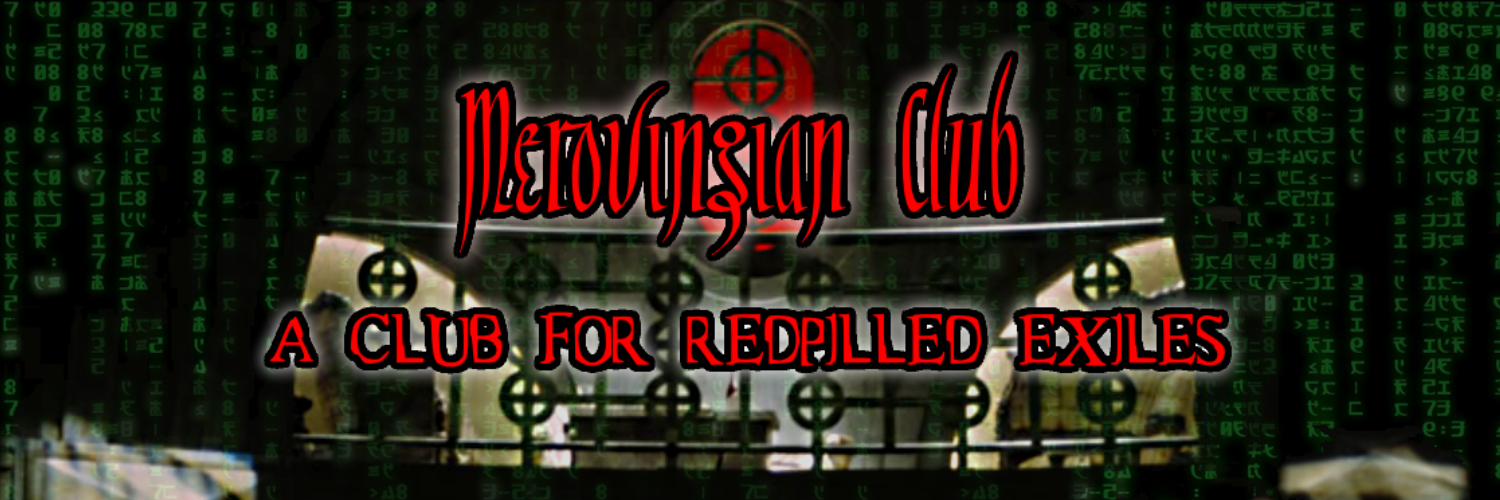@Tfmonkey I'd like to revise #2. This comes from "The Mind Illuminated" by John Yates.
The conscious in this sense is really the mediator between several background subminds: one each for sight, hearing, taste, feeling, and smell, one for the intellectual-emotive mind (it's so connected it's one thing), and one for the narrative mind, which provides "binding moments" that make associations between the stimuli of two or more of the other minds. Each of these subminds has its own subminds too.
@Tfmonkey Consciousness is the mediating point between the subminds. Each submind acts as a committee member within the space of consciousness, constantly voting on what objects in background awareness are interesting enough to be examined by focused attention.
It's that attention we tend to call "consciousness" and "self," but it's not. Awareness is as much a part of consciousness and "I" an not directing it...it's a series of unconscious subminds that directs it.
@philosophy That's a valid way of looking at it. I would just call the "mediator point between the subminds" the mind, which indeed mediates between the senses. I wouldn't call the senses "subminds" and call the mind "consciousness". However, it looks like we're both describing the same thing with different words, so it's whatever.
@Tfmonkey That's always the tricky, but important, part of any philosophical conversation: sussing out terminology differences.
The senses are inert and meaningless until they project their content into consciousness. Consciousness doesn't arise without an object and objects don't arise without consciousness. This is the non-dual aspect of consciousness: they arise together. Put it this way: find a pain in your body. Before you sought it out did it exist? Or did consciousness create it?
@Tfmonkey BTW, the Buddha's Pali language (and the Sanskrit) is far richer for discussing these topics. English gets all confused and it's really hard to read folks like Schopenhauer and Berkeley for this reason.
The English word "mind" can mean citta, nama, sankharas, vinnana...these all have distinct meanings in Pali but we have to use really strange phrases in English. It makes the whole subject hard to converse about.
